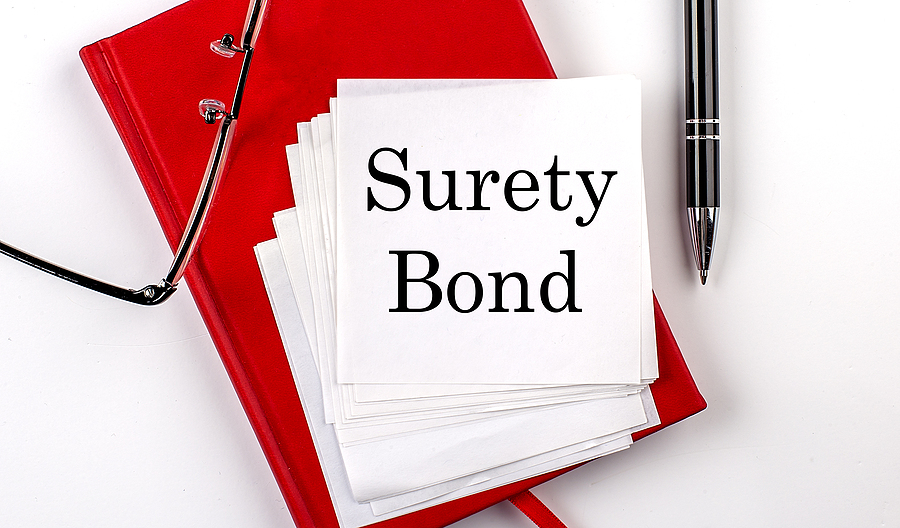If you’re facing a criminal charge, one of the first questions that likely comes to mind is whether or not bail bonds are expensive. After all, in most cases, paying your own bail can be cost prohibitive and leave you with few options. Fortunately, there are several ways to get help from a professional bail bond agent who can provide financial assistance, so you don’t have to foot the bill for your entire bail amount.
In this blog post, we’ll discuss how much it costs to hire a bail bondsman and what factors influence their rates. We’ll also cover tips on finding an affordable bondsman and other alternatives if they are too costly for your budget. So, let’s dive into understanding more about how much money it takes to secure release from jail with the help of a reputable bail bond agency.

The Average Cost of a Bail Bond
The cost of a bail bond depends largely on the amount of your bail. Generally, the bondsman will charge 10% to 15% of the total amount – so if you’re facing a $5,000 bail, expect to pay anywhere from $500 to $750 for their services. This rate is non-negotiable because it is set and controlled by state regulations.
Additionally, there are other factors that can influence how much you pay in total for a bail bond. For instance, some states require additional fees known as premiums, depending on what type of crime you were arrested for or whether it was an out-of-state offense. Be sure to ask your local Indianapolis bail bondsman about these extra charges before entering into an agreement.
Loans and Financing Options
If you’re on a tight budget and need help posting bail, don’t worry – there are ways to make bail bonds more affordable. Many check cashing and credit companies offer financing options for those who qualify, such as payment plans or interest-free loans. This option can allow you to pay off the cost of your bond over time.
Collateral Payments
Additionally, some bail bondsmen accept collateral in lieu of full payment, such as property deeds or car titles. It’s always best to do research ahead of time so you can find the most cost-effective way to meet your financial needs and get out of jail quickly.
Alternatives to Bail Bonds
Finally, if a bail bond is simply too expensive for you right now, there might be other financial assistance options available. In some states, you can hire a public defender to represent you in court and argue for a reduced bail amount. You may also be able to find a charitable organization or non-profit that offers free legal aid services. Another option is to explore pretrial diversion programs, which may help you avoid jail time altogether.
Released on Your Own Recognizance
The last resort is to just stick it out and stay in jail until your hearing. At your hearing, the judge might release you on your own recognizance, meaning you will be allowed to leave jail without having to pay bail or having to secure a bond. In other words, the court has trusted you to show up for all future court appearances without the need for financial incentive or constant monitoring. This type of release is typically granted to those who are considered low flight risks and pose minimal danger to the community. If you have been OR’d, it is important to remember that you are still under court order and must adhere to any conditions set forth by the judge. Failure to do so can result in revocation of your release and imprisonment until your court date.
In Summary
In conclusion, the price you pay for a bail bond depends on the situation and your financial situation. However, there are ways to make them more affordable – such as seeking out financing options or pursuing other legal alternatives. Do your research before signing any agreements with a bail bond agency, and don’t hesitate to ask questions if something isn’t clear. With the right information and resources, you can get through this difficult time without breaking the bank.
Ready to get someone out of jail as fast as possible, whether it be you or someone who needs help? Contact Woods Bail Bonds at 317-876-9600 for speedy and secure bail bond service in Indianapolis and its surrounding counties. We also offer pre-arranged bail for arrest warrants.
Related Posts:
What You Need to Know about Bail Bond Agreements
Navigating the Legalities and Logistics of Obtaining a Bail Bond
Understanding the Laws Surrounding Bail Bonds in Indiana


